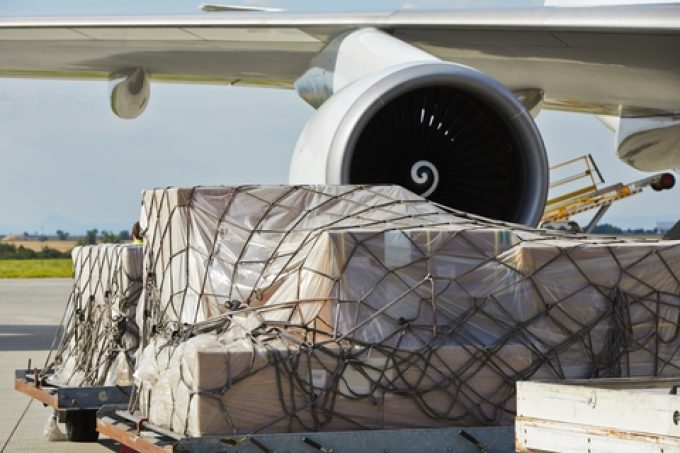US pharma shippers mull move to domestic production – but it will take time
US pharma bosses are considering moving their production home, which could have far-reaching consequences for ...

UPDATED 3pm GMT: BFS said: “We can confirm we have now lifted the short embargo placed on import general cargo at Bangkok Airport, which was put in place to manage the sudden surge in volume resulting from the modal shift response to the Red Sea crisis as well as higher demand leading into the start of the Chinese New Year. These factors significantly increased volumes earlier this month… And at weekends, less than 30% of shipments by weight are collected ...
Volcanic disruption at Anchorage could hit transpacific airfreight operations
Shippers snap up airfreight capacity to US ahead of tariff deadline
Forwarders stay cool as US 'liberation day' tariffs threaten 'global trade war'
New price hikes may slow ocean spot rate slide – but for how long?
Tighter EU import requirements proving 'a challenge' for forwarders
Supply chain delays expected after earthquake hits Myanmar
Looming Trump tariffs will create 'a bureaucratic monster' for Customs

Comment on this article